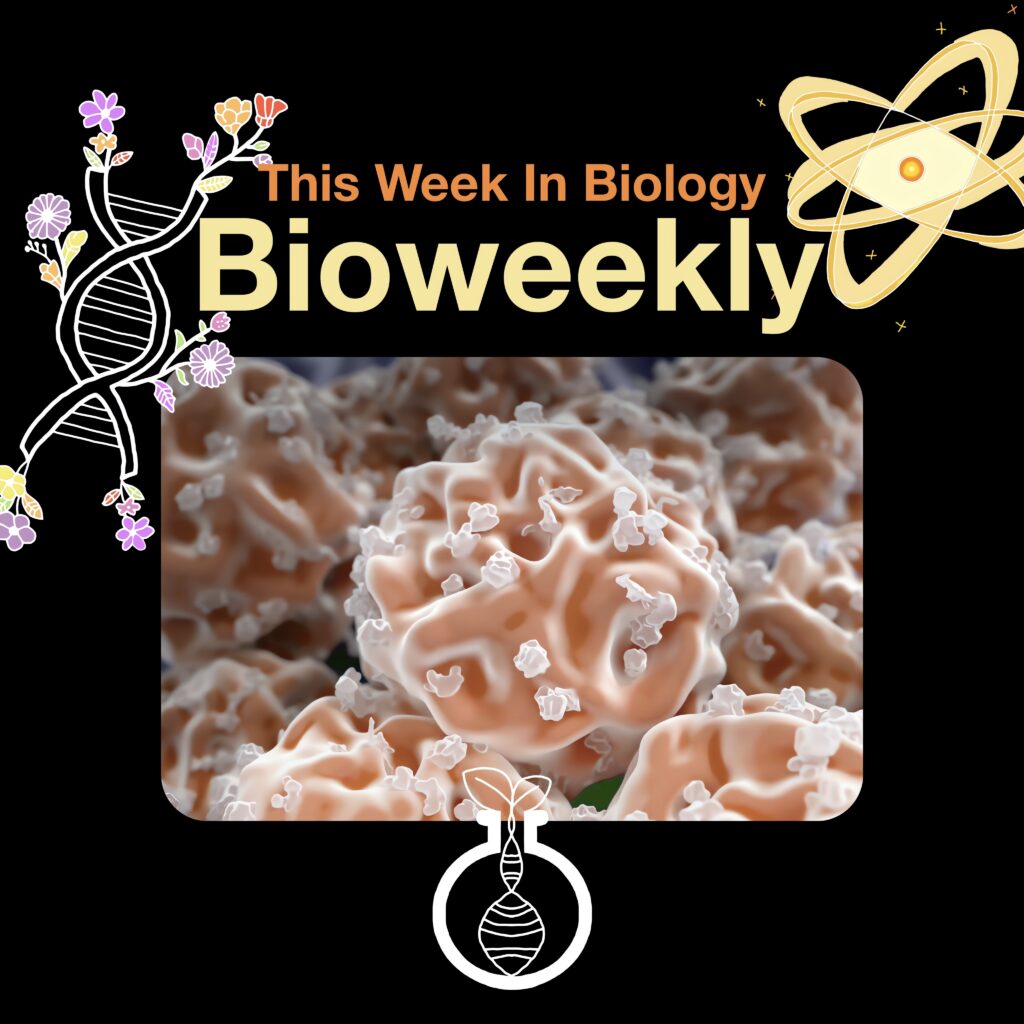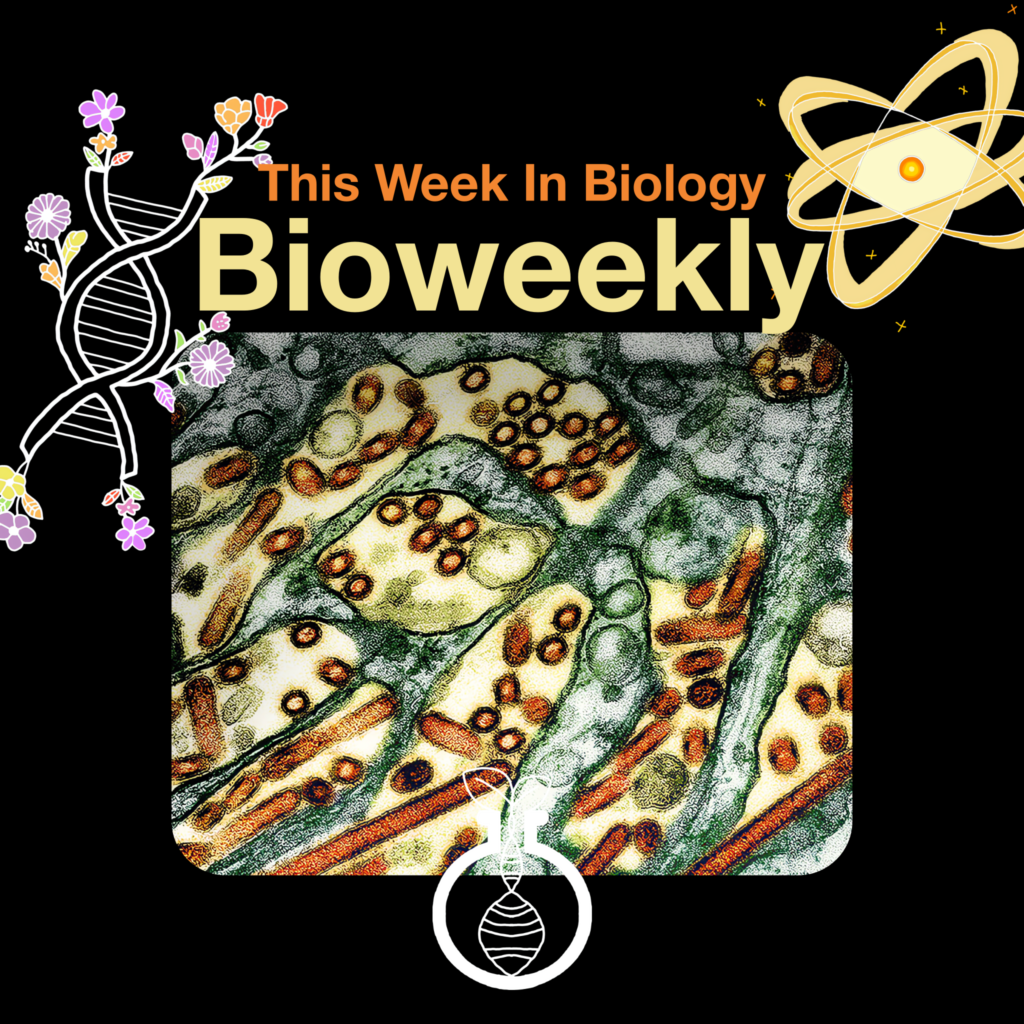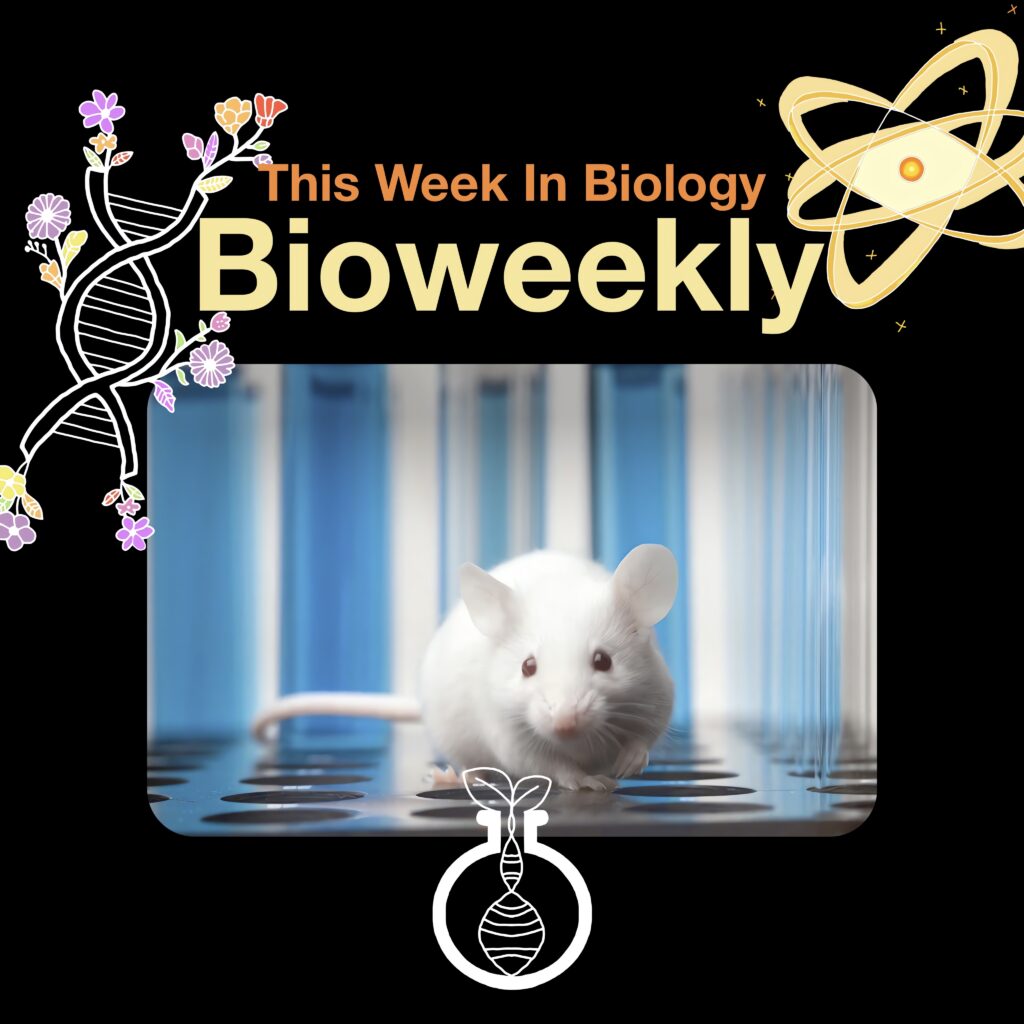This week in biology, we uncover fascinating connections between our body’s intricate systems and groundbreaking health research. Scientists have discovered that the heart has its own “mini-brain,” a complex neural network that could revolutionize how we treat heart diseases. Meanwhile, a study reveals how hidden visceral fat might predict Alzheimer’s disease decades before symptoms arise, emphasizing the importance of lifestyle changes for brain health. Lastly, researchers explore how cancer therapies, while life-saving, can unintentionally heighten the risk of heart disease, shedding light on the delicate balance between treatments and overall health. Dive into these discoveries that redefine what we know about the human body!
You can find all of the sources in this article right below each story.
The Heart Has Its Own ‘Brain’
Researchers at Karolinska Institutet and Columbia University have discovered that the heart has its own complex nervous system, often referred to as a “mini-brain.” Unlike the previous belief that the heartbeat is solely regulated by the brain’s autonomic nervous system, the heart’s neural network has been found to independently control its rhythm. This system, embedded in the heart’s walls, contains neurons with specialized functions, including some with pacemaker properties. The study, conducted on zebrafish, shows strong similarities to human heart functions and paves the way for innovative treatments for conditions like arrhythmias. Future research will explore how this cardiac brain interacts with the actual brain during exercise, stress, or disease, potentially identifying therapeutic targets for heart disorders.
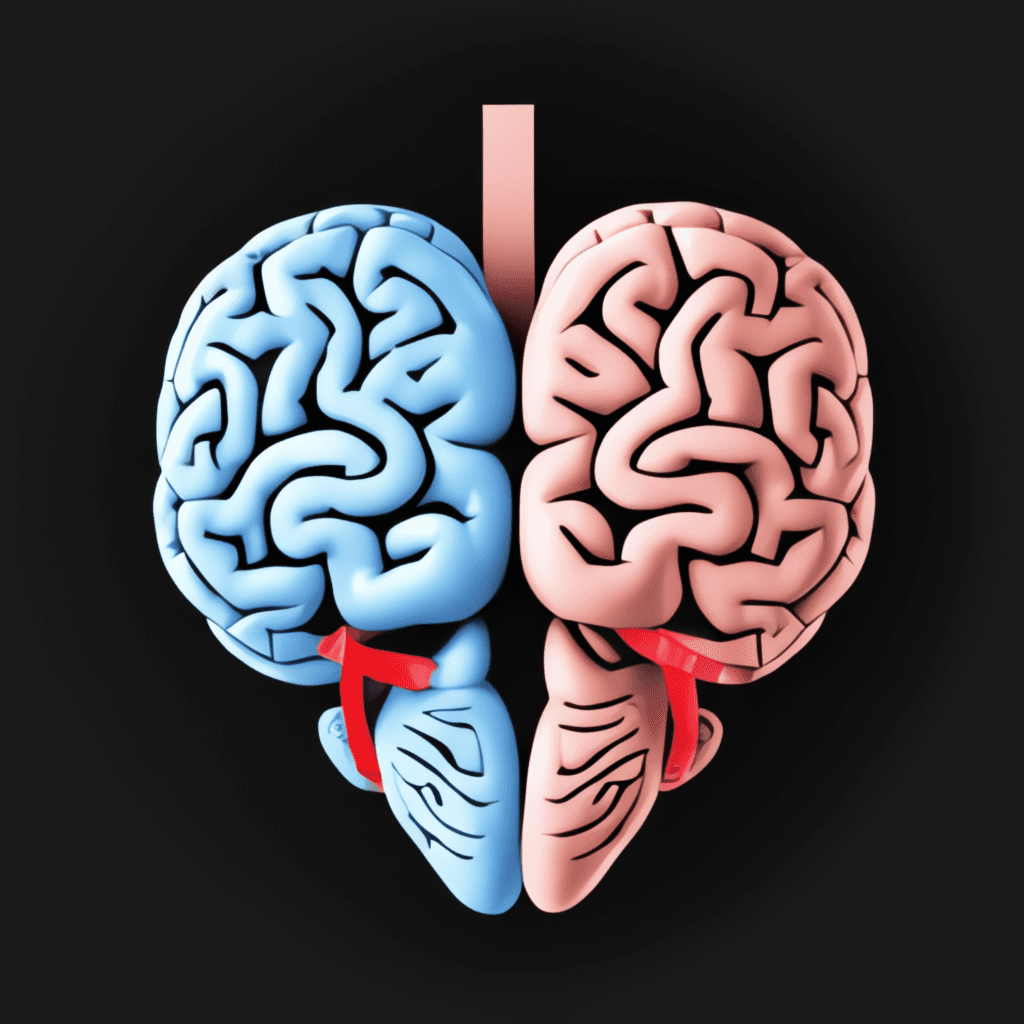

Dive into the full news through here
Hidden Fat Predicts Alzheimer’s Decades Before Symptoms
A groundbreaking study presented at the RSNA 2024 meeting has linked visceral fat—deep fat around internal organs—to the early buildup of Alzheimer’s hallmark proteins, amyloid and tau, in the brain. Researchers found that visceral fat levels could predict Alzheimer’s disease up to 20 years before symptoms appear, highlighting obesity and fat distribution as key factors in dementia risk. In a study of midlife adults, visceral fat accounted for 77% of the effect of high BMI on brain amyloid accumulation, while subcutaneous fat showed no similar link. Additionally, insulin resistance and low HDL cholesterol were tied to increased amyloid levels.
The findings emphasize that managing visceral fat through lifestyle changes or medication could reduce Alzheimer’s risk. This insight offers a new dimension to obesity management, as nearly three out of four Americans are overweight or obese.
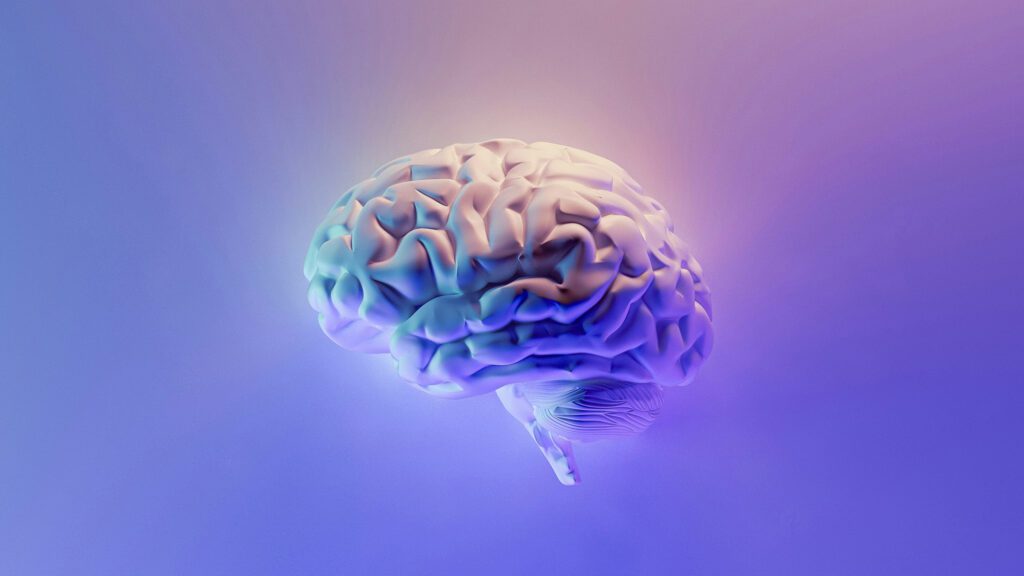

Dive into the full news through here
Cancer Treatments May Heighten Heart Disease Risk
Immune checkpoint inhibitors, a potent cancer therapy, may increase heart attack and stroke risks by disrupting immune regulation in major blood vessels, according to a study published in Nature Cardiovascular Research. These drugs, designed to “unleash” the immune system against cancer, can inadvertently trigger inflammation in arteries, especially in those with preexisting conditions like atherosclerosis.
Researchers at NYU Langone Health analyzed immune cells in arterial plaques and discovered that these drugs interfere with immune checkpoints in arterial tissue, increasing inflammation. Patients with Type 2 diabetes, a known risk factor for both cancer and heart disease, may be particularly vulnerable. The study highlights the need to balance cancer treatment benefits with cardiovascular risks and calls for strategies to mitigate these side effects, such as dietary interventions or new therapeutic approaches.
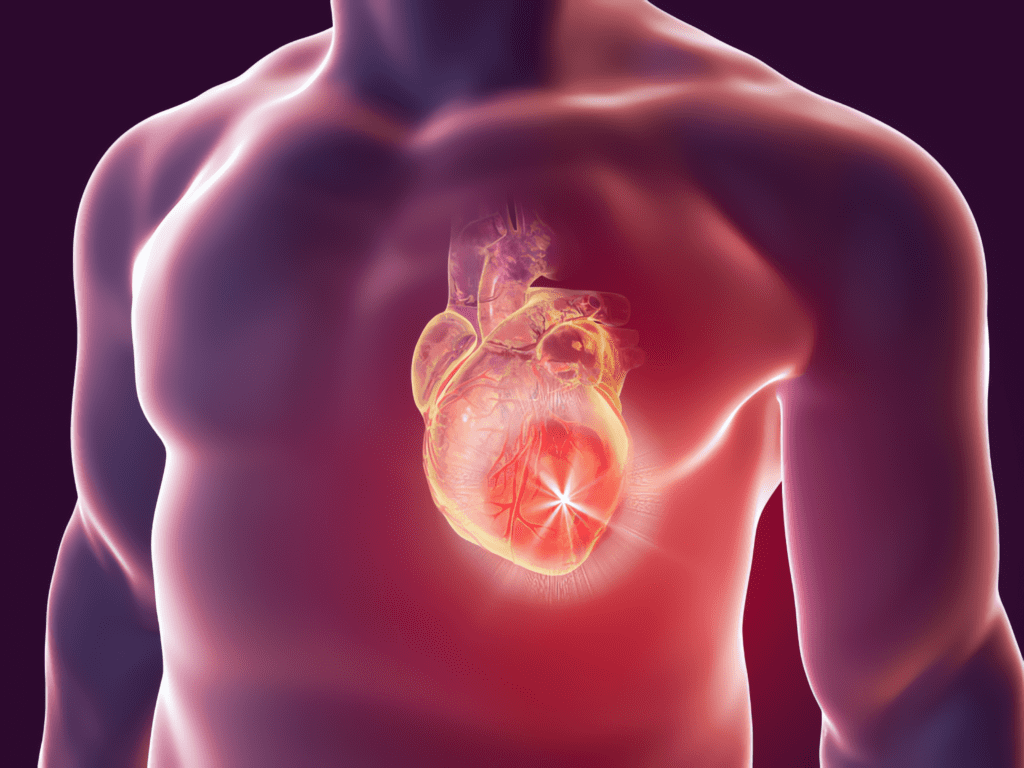

Dive into the full news through here
Thank you for diving into this week’s news with us. We hope you enjoyed uncovering these fascinating updates as much as we did. Be sure to return next week for more exciting discoveries from the world of science. Until then, stay curious and keep exploring!




My name is Ali Emre Cabadak, a dedicated biology enthusiast currently pursuing my studies at Marmara University, where I am majoring in Bioengineering. As a passionate advocate for scientific discovery and innovation, I am the founder of Biologyto. My goal is to bring the wonders of biology closer to everyone and inspire a new generation of thinkers and innovators. Through Biologyto, I aim to write scientific articles that delve into the fascinating world of biology, sharing insights and discoveries that inspire curiosity and innovation.


